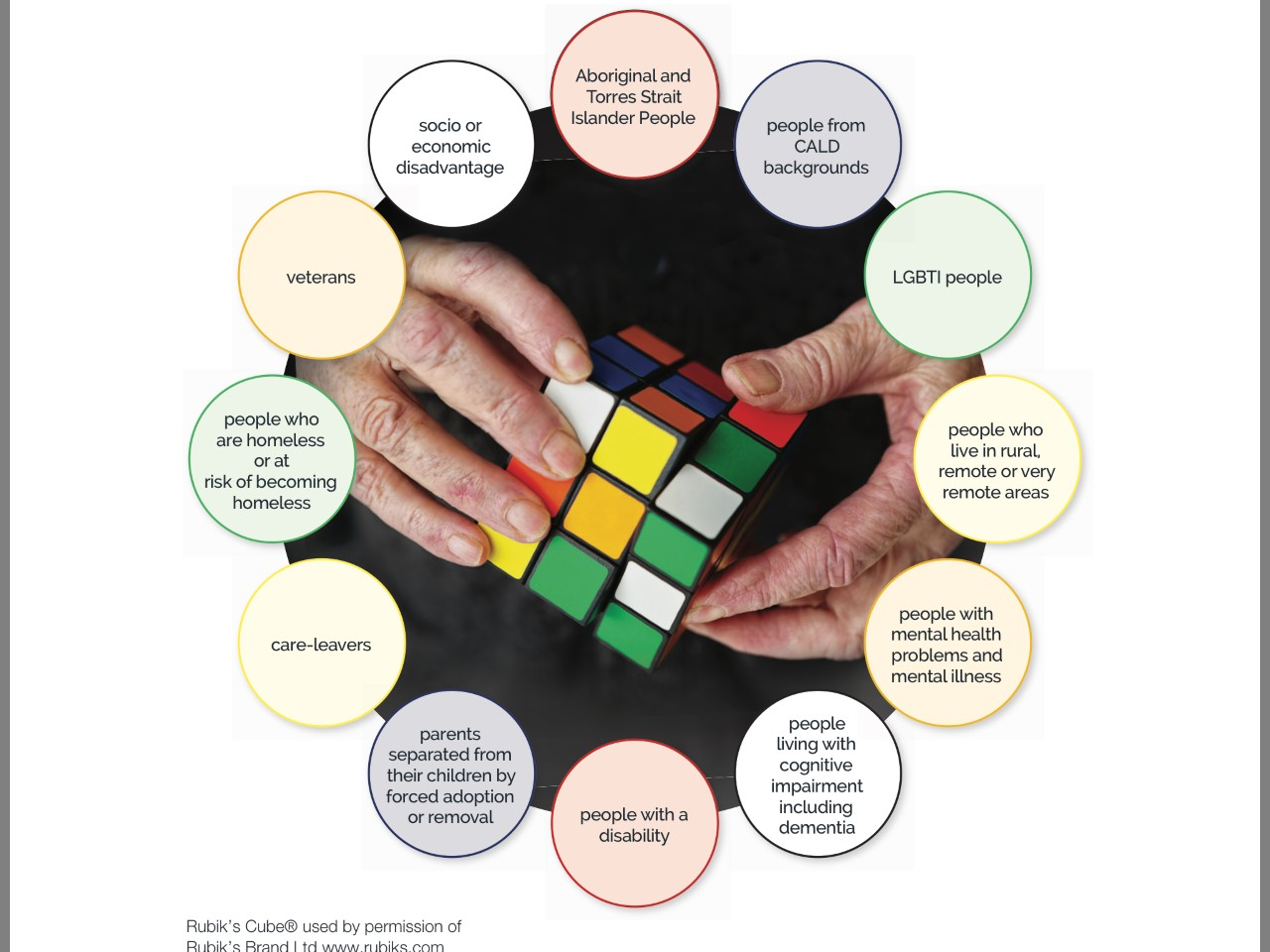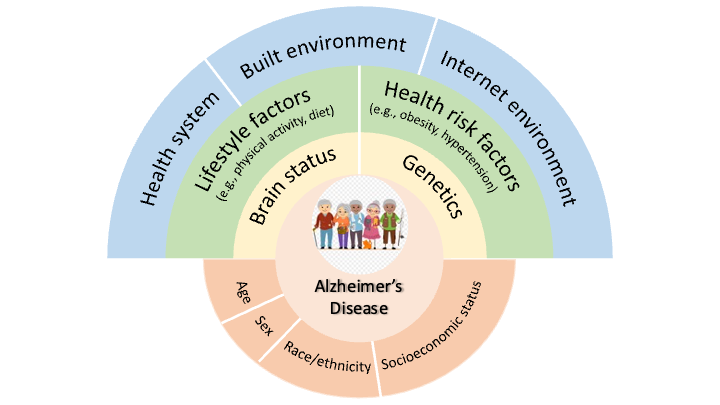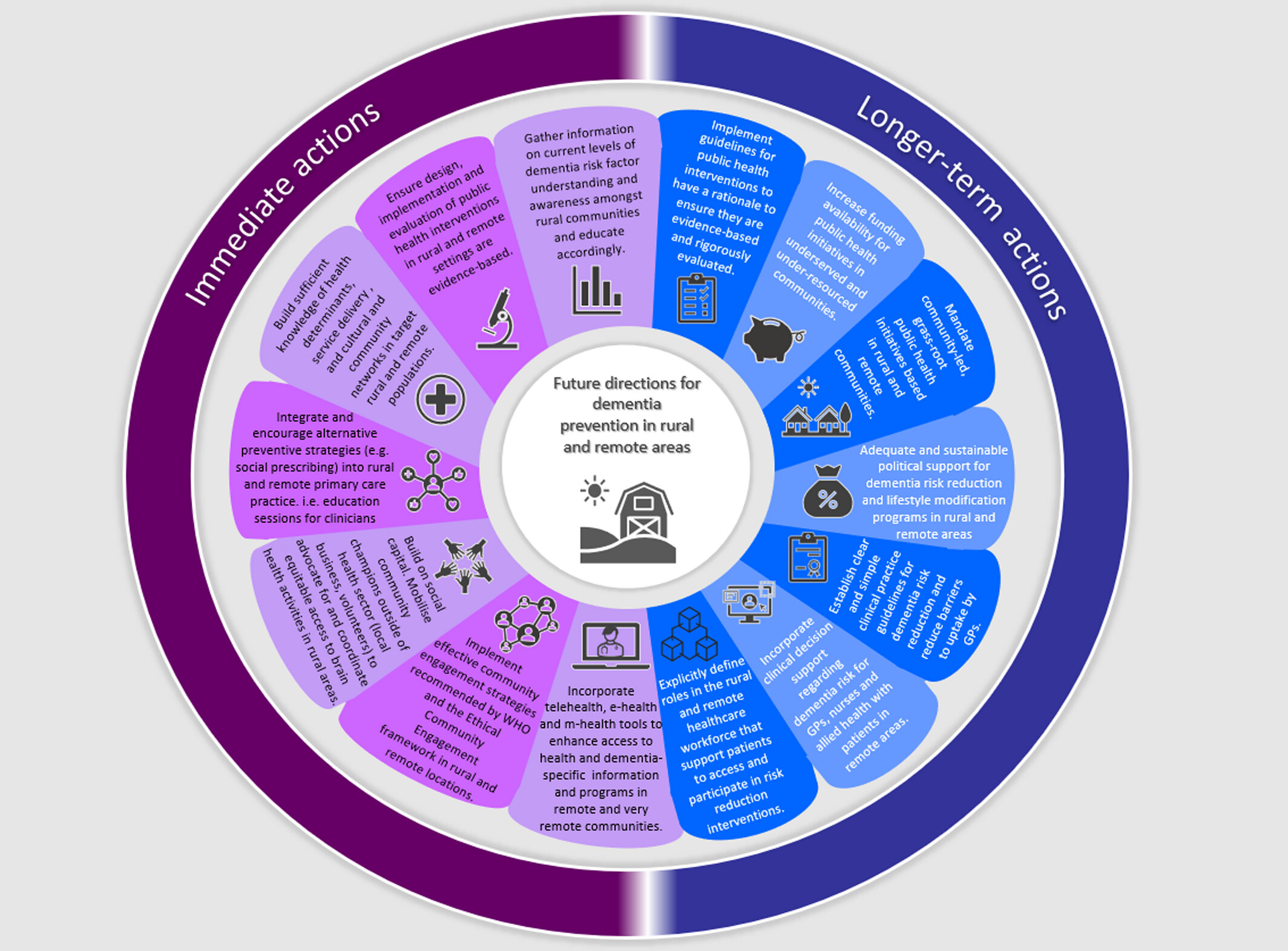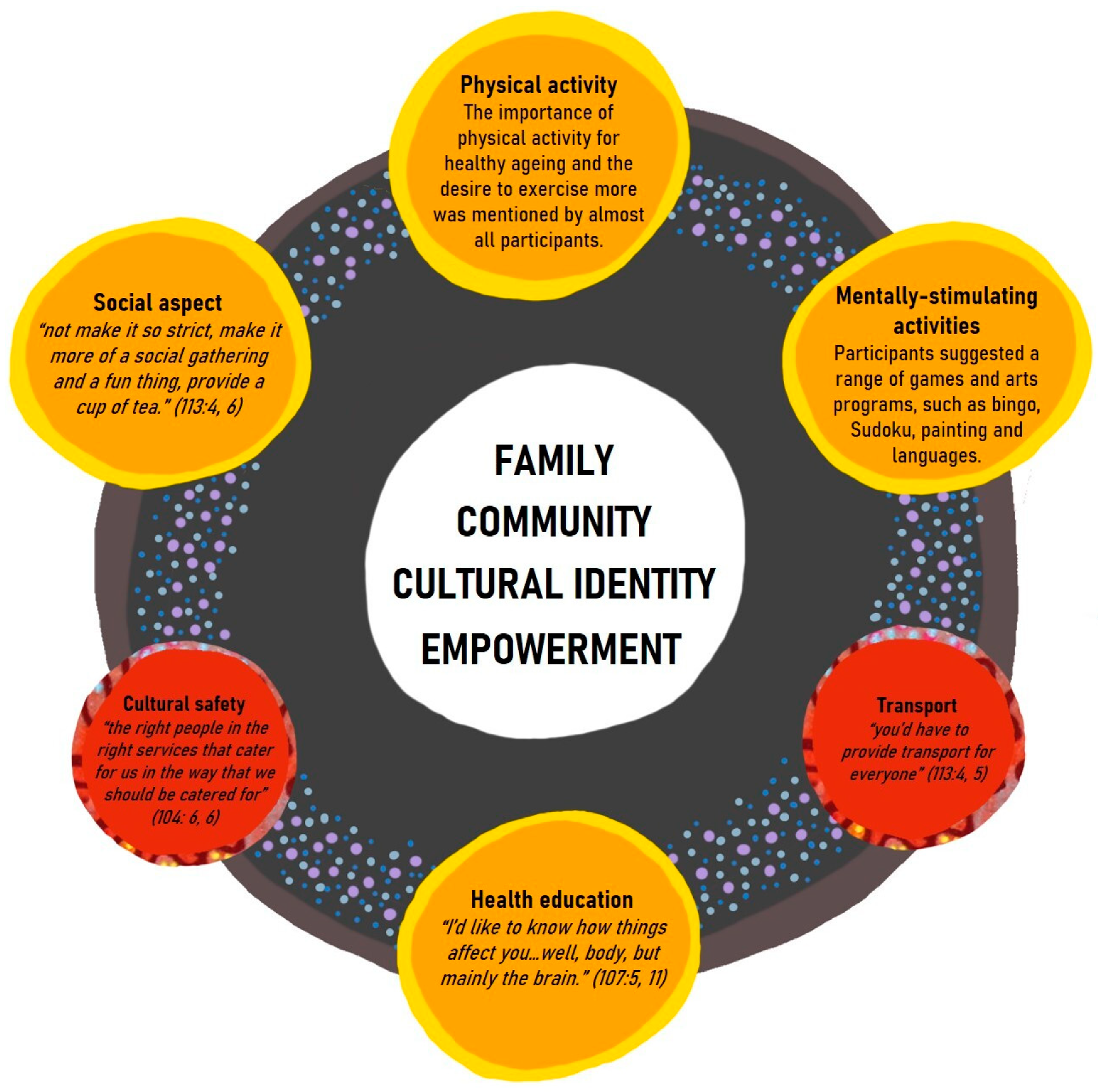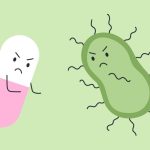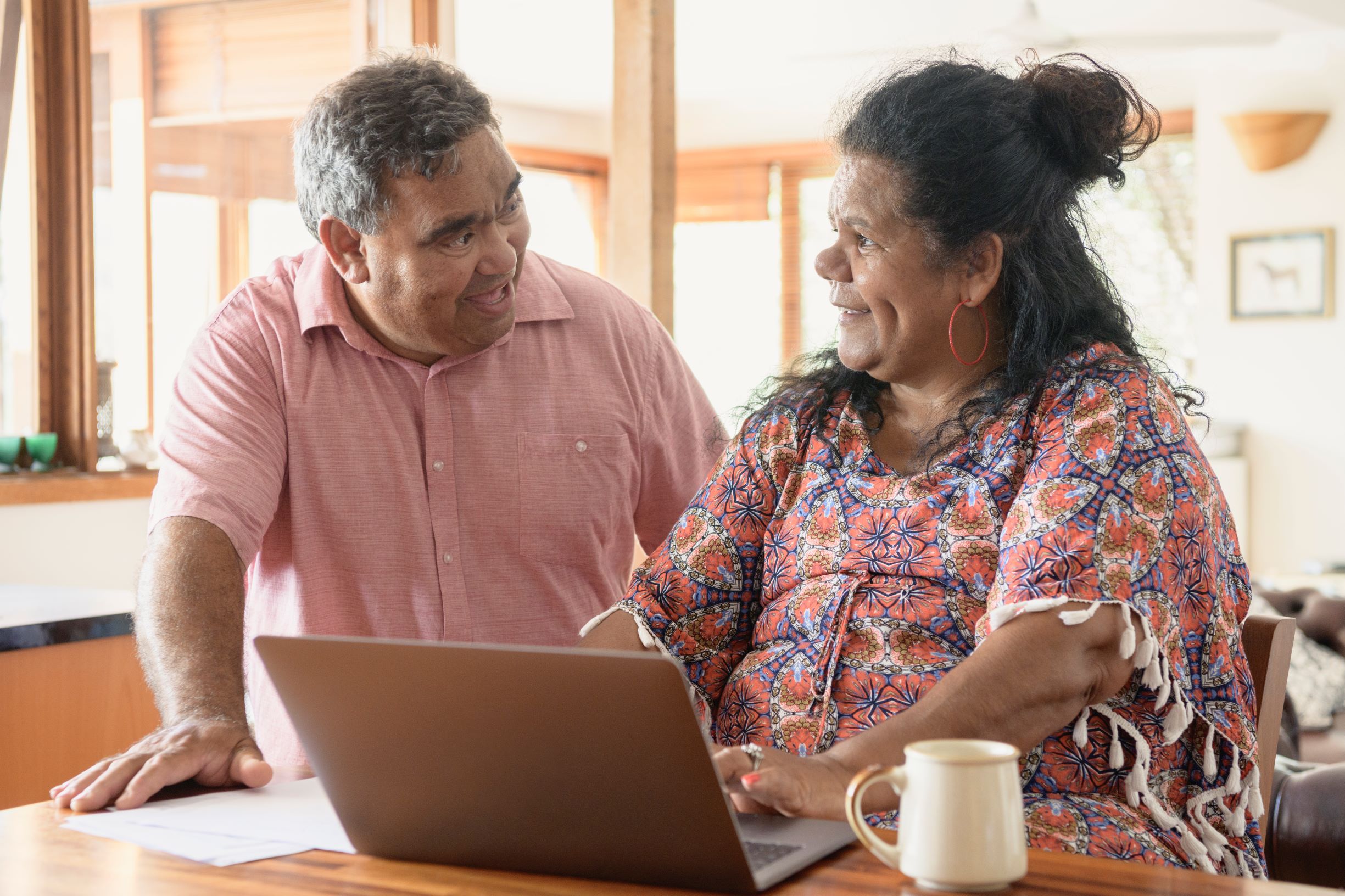
What is dementia?
Dementia is a broad term used to describe the gradual loss of someone’s memory, thinking and social skills.
In many ways, dementia in Aboriginal and/or Torres Strait Islander people is no different from dementia in any other population.
Aboriginal and/or Torres Strait Islander people experience dementia at a rate 3 to 5 times higher than the general population. They are also more likely to develop dementia at a younger age (in their 30s or 40s).
This article highlights some issues that are particularly important for Aboriginal and/or Torres Strait Islander people. It is drawn from several sources, including Dr Mark Wenitong, one of Australia’s longest standing and respected Indigenous doctors.
What are the signs and symptoms of dementia?
It is important to recognise the early signs of dementia so that support can be provided as soon as possible.
The signs and symptoms of dementia might be more likely to be missed in Aboriginal and/or Torres Strait Islander people because:
- people with dementia might withdraw from social contact, which can be easier to overlook in big, crowded households
- some cultural practices, such as elders reflecting on the past, can appear similar to dementia.
- other signs of dementia, such as aggression or memory loss, might be mistaken for the effects of other conditions, including alcohol use or a head injury.
What causes dementia?
Some of the risk factors for dementia may be more common in Aboriginal and/or Torres Strait Islander people, including:
- type 2 diabetes
- high blood pressure
- smoking
- high levels of alcohol use
- brain injuries
- poor diet
Who can help me if I am worried about dementia?
If you have any concerns about dementia in yourself or someone else, you should see your doctor.
You could visit an Aboriginal Medical Service if there is one close by. You can work with an Aboriginal health worker who can help ensure you are assessed and treated properly.
Sometimes families worry that their old people will be taken away from them and put in a nursing home. But it is really important to get in early so that treatment and support can be provided as soon as possible.
How is dementia diagnosed?
The doctor will ask about symptoms and carry out a physical examination. They will also ask you or the person you are caring for to do a dementia screening for older Aboriginal and/or Torres Strait Islander people.
How is dementia treated?
There is no cure for dementia, but medicines might help with some symptoms, such as memory and thinking. The main thing is to make sure that people with dementia and their carers have enough social support and plans in place to stop the person with dementia from wandering or hurting themselves or others (such as by leaving the stove on).
What else do I need to consider?
While you or your family member are still able to make decisions, it is important to think about things like:
- Advance Care Directive, a plan that outlines your wishes for healthcare and treatment if you become unable to make decisions for yourself
- Power of Attorney, which gives other people the authority to make financial and medical decisions on your behalf

